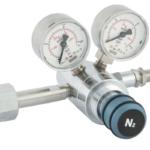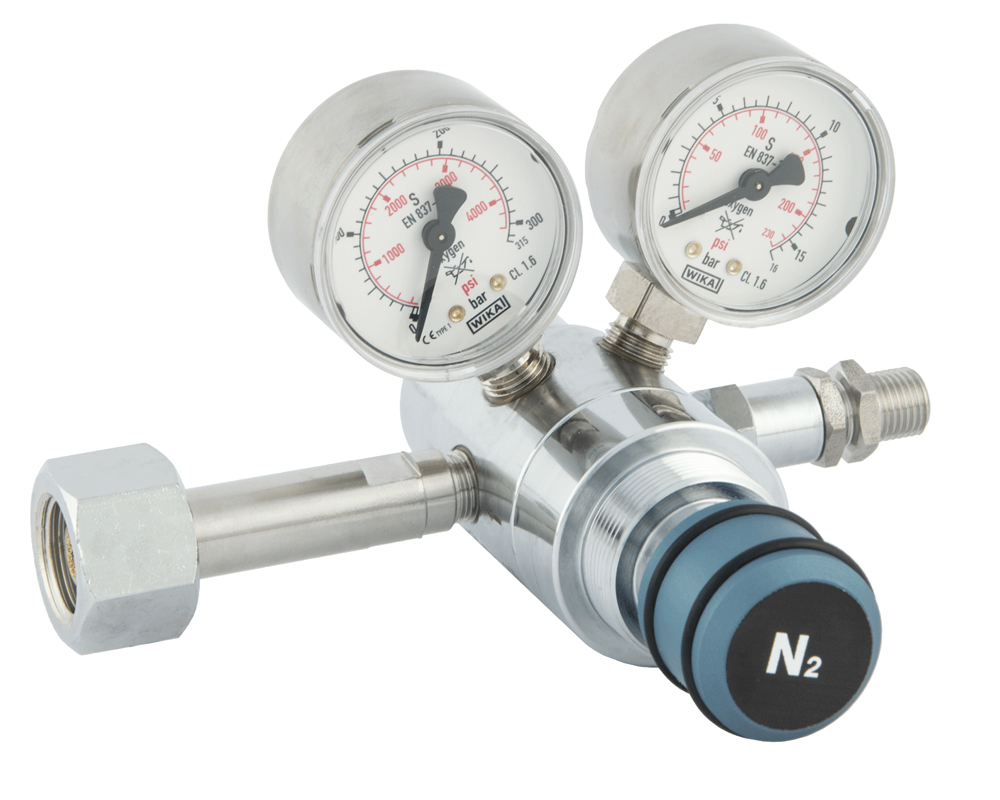Non-convertible bonds are rated below investment grade. They offer a fixed interest rate and repayment date.
A debenture is a loan or bond negotiated as one of the company’s significant financial obligations. It may include a set interest rate, repayment schedule, and security features like mortgages on real property or shares in the issuer. Non-convertible debentures have an identical duration to their convertible counterparts but lack flexibility and have different terms.
Introduction:
NCDs are an alternative to bank loans and bonds. Companies with high credit ratings typically use them to raise capital for expansion, working capital, or other investments.They typically have a fixed interest rate and maturity date.
NCDs’ risks include interest rate, credit risk, and liquidity risk. Interest rate risk is the risk that interest rates will rise, causing NCDs to fall. Credit risk is the risk that the issuer will default on its payments. Liquidity risk is the risk that NCDs will be difficult to sell in the secondary market.
NCDs can be attractive for conservative investors looking for fixed income with minimal downside risk. However, it is essential to understand the risks before investing in NCDs.
What is a non-convertible debenture?
A non-convertible debenture is a debt instrument that does not offer holders the option to convert their debt into equity. Companies needing capital typically issue non-convertible debentures and offer investors fixed-interest payments over a set period.
This makes them risk higher than other debt instruments, but they also typically offer higher interest rates.
NCDs are a popular investment for individuals looking for fixed income and institutnon convertible debenturesions such as insurance companies and pension funds.
If you’re considering investing in an NCD, it’s essential to understand the risks involved. As with any debt instrument, there is always the risk that the issuer will default on its payments, which could lead to losses for investors. In addition, NCDs may be less liquid than other investments, so it may not be easy to find buyers if you need to sell before maturity.
What are the benefits of a non-convertible debenture?
Companies typically issue NCDs to raise funds for working capital or expansionary purposes.
The main benefit of an NCD is that it provides a fixed source of financing for the issuing company. Companies that cannot access bank loans often use NCDs.
Another benefit of an NCD is that it can be customized to meet the specific needs of the issuer. This flexibility makes NCDs an attractive financing option for many companies.
Lastly, NCDs typically offer a higher yield than other debt instruments, making them an attractive investment for many investors.
What are the disadvantages of non-convertible debentures?
While non-convertible debentures may have some advantages, there are also some disadvantages to consider before investing. This means that holders of non-convertible debentures may be left with a debt that cannot be quickly repaid if the company runs into financial trouble.
Conclusion/Other Notes:
Investors in NCDs typically include banks, financial institutions, insurance companies, and high-net-worth individuals. Returns from NCDs are generally higher than those from fixed deposit products, making them an attractive investment option for investors seeking higher returns.
Due to their relatively higher risk profile, NCDs are generally unsuitable for retail investors. Investors in NCDs should exercise caution and consult a financial advisor before making investment decisions.
A non-convertible debt has no equity, meaning that the holder of this instrument cannot convert either his holdings or the certificate he received into shares in the company. This is an important distinction, since when shares.
A non convertible debt has no equity on it, meaning that the holder of this instrument cannot convert either his holdings or the certificate he received for it into shares in the company. Shareholders may vote on company matters, receive dividends, and participate in future growth. It may include a set interest rate, repayment schedule, and security features like mortgages on real property or shares in the issuer. Non-convertible debentures have an identical duration to their convertible counterparts but lack flexibility and have different terms.
They offer a fixed interest rate and repayment date. A debenture is a loan or bond negotiated as one of the company’s significant financial obligations. It may include a set interest rate, repayment schedule, and security features like mortgages on real property or shares in the issuer. Non-convertible debentures have an identical duration to their convertible counterparts but lack flexibility and have different terms.
A non-convertible debt has no equity, meaning that the holder of this instrument cannot convert either his holdings or the certificate he received into shares in the company. This is an important distinction, since when shares.
A non convertible debt has no equity on it, meaning that the holder of this instrument cannot convert either his holdings or the certificate he received for it into shares in the company. Shareholders may vote on company matters, receive dividends, and participate in future growth.










